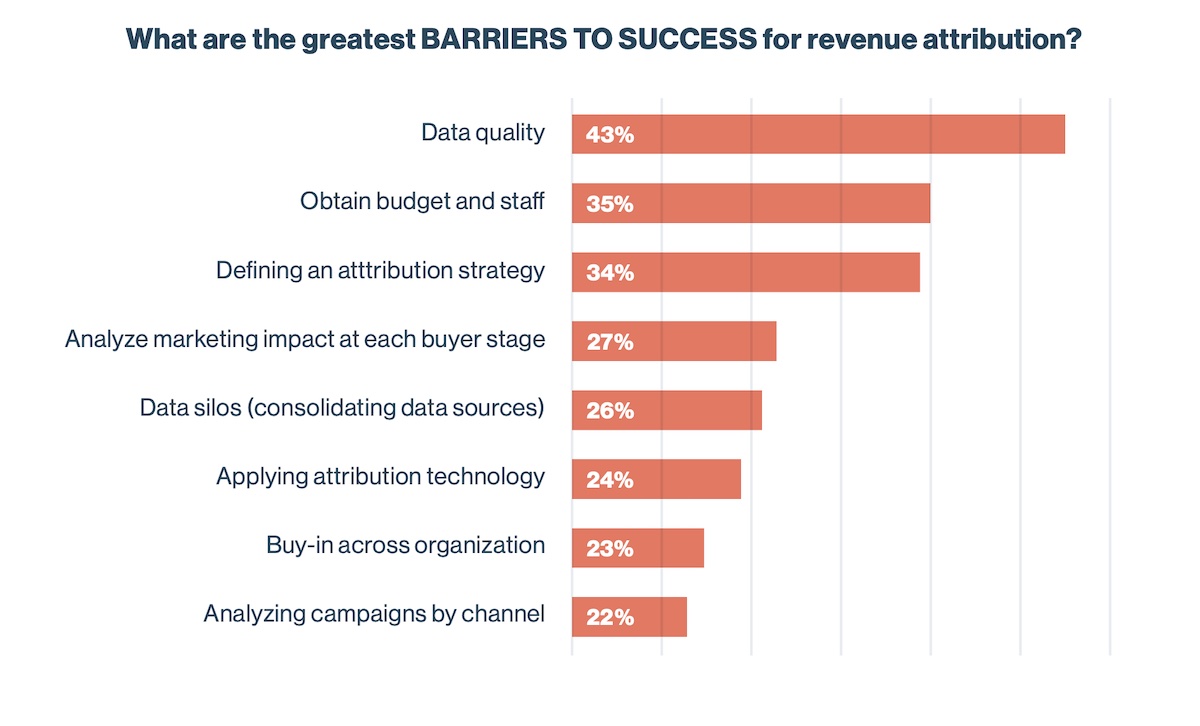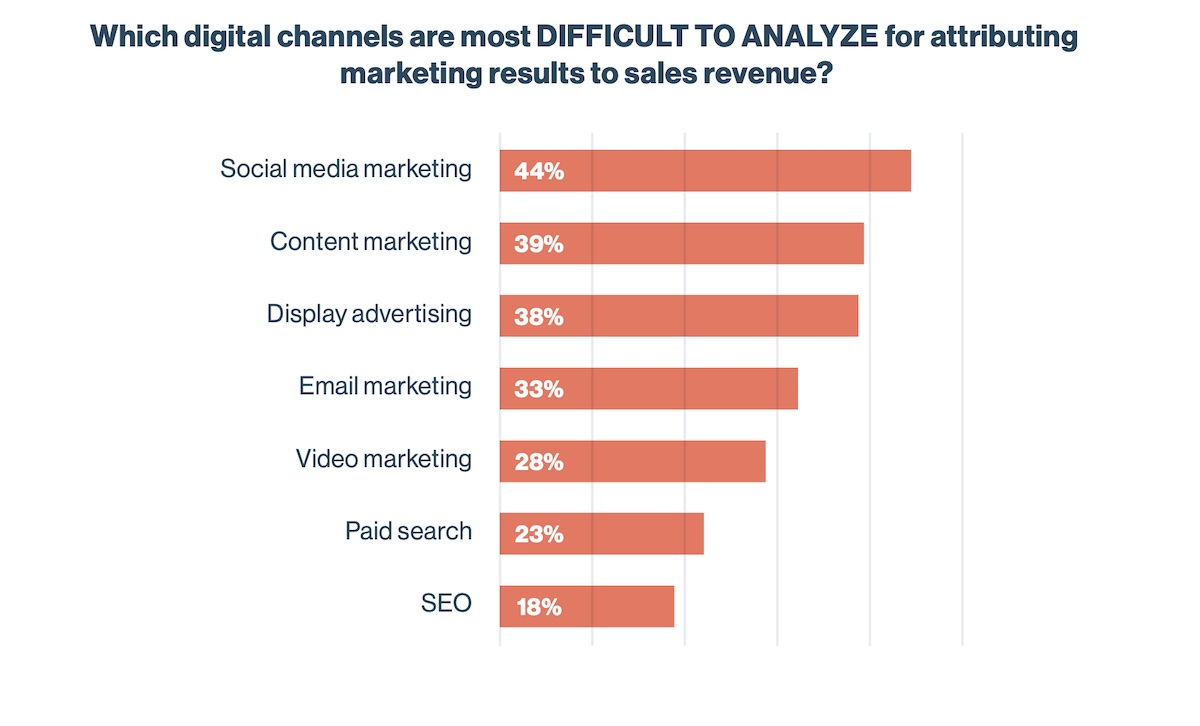These Are the CMOs That Give Other CMOs A Bad Name

I feel like I’m channeling my inner Jon Bon Jovi… “You give other CMOs’ a bad name.”
So there I was, minding my own business, perusing content as I am apt to do when I stumbled upon an article entitled Nearly Half of CMOs Struggle to Prove Marketing’s Impact on Revenue, Says New Report. ‘Hmmmm, that sounds interesting, let me dive into this,’ I said to myself.
Reading the opening few lines I learned that this article was all about sharing the findings of a new report from DemandLab, The CMO’s Challenge: Revenue Attribution From a Leadership Perspective. ‘Interesting title, I want to learn more,’ said Steve, again to himself,.
Now, before I get to the “money shot” — the one report finding that caused me to A) write about this and B) use the title I did for this particular post — allow me to remind you that the average tenure of a CMO is the lowest of all C-suite titles, at an average of 3.5 years.
Common Sense Is Not So Common
Read the following, culled directly from the article, and you will know (at least you better) why common sense is not so common:
“Today, marketing leaders are increasingly assuming a more substantial role in corporate leadership, specifically with regards to revenue generation. Yet CMOs continue to be challenged by the difficulty of reporting on revenue impact and company growth, with only 49% having an attribution strategy in place.”
I seriously had to read this line many times over to make sure I was not seeing things: “…only 49% having an attribution strategy in place.”
What in the name of all things holy is going on here?! What in the world are these 49% of CMOs doing? No kidding, what are they doing?
In a surely unintentional overly obvious sentiment, Rhoan Morgan, CEO and Co-Founder of DemandLab stated: “The 49% of CMOs with no attribution strategy run a serious risk of jeopardizing their jobs and departments.”
Ya think?
Who knows the old saying “One bad apple doesn’t spoil the whole bunch?” Well, while one bad apple may not spoil the whole bunch, if 49% of the apples in a bunch are bad the chance of spoilage increases exponentially.
Why? AKA The Elephant in the Room
The glaringly obvious question is why? Why do nearly half of CMOs NOT have an attribution strategy in place?
Allow me to pontificate on three (3) reasons why I believe this is happening, or in this case, NOT happening.
1. Incompetence. Ok, ok this one may ruffle some feathers but if the truth hurts… The fact is CMOs are no different than any other role; there are good ones and there not-so-good ones. Regardless of how they got to the role, they really have no clue or understanding of what it really means to be a chief marketing officer. They keep their job by benefitting from having a CEO as well as others in the c-suite who also have no clue when it comes to marketing. Their idea of a KPI is how many Facebook Likes a post got or how many times something was Retweeted.
2. Wrong Technology. I want you to look at two separate charts from the report.


What do they have in common? Well, in the first image you see “Applying attribution technology” as a barrier to success when it comes to attribution. That’s swell.
In the second image you see all the digital channels that are difficult to analyze when it comes to attribution.
Now, stay with me here, did you ever stop and think that the reason all these channels are difficult to analyze is because you have the wrong technology in the first place? Moreover, looking at the first image alone, did you ever think you have data quality issues because you have the wrong technology in the first place?
Lack of Alignment. Specifically between Sales and Marketing, at least according to the report. In fact the report devotes an entire section to this issue. “Sharing data between marketing and sales results in a better customer experience and more aligned goal sets for both teams, and a majority of marketing leaders agree on this. Nearly two-thirds (65%) reported that a successful revenue attribution strategy helps to alleviate friction between marketing and sales teams and can help with sales team buy-in.”
All true for sure. However, there is a piece missing. A vital piece which MUST also be aligned.
Operations.
Sales and Marketing alignment mean nothing if Operations is not part of the conversation.
Yeah, it’s that simple.